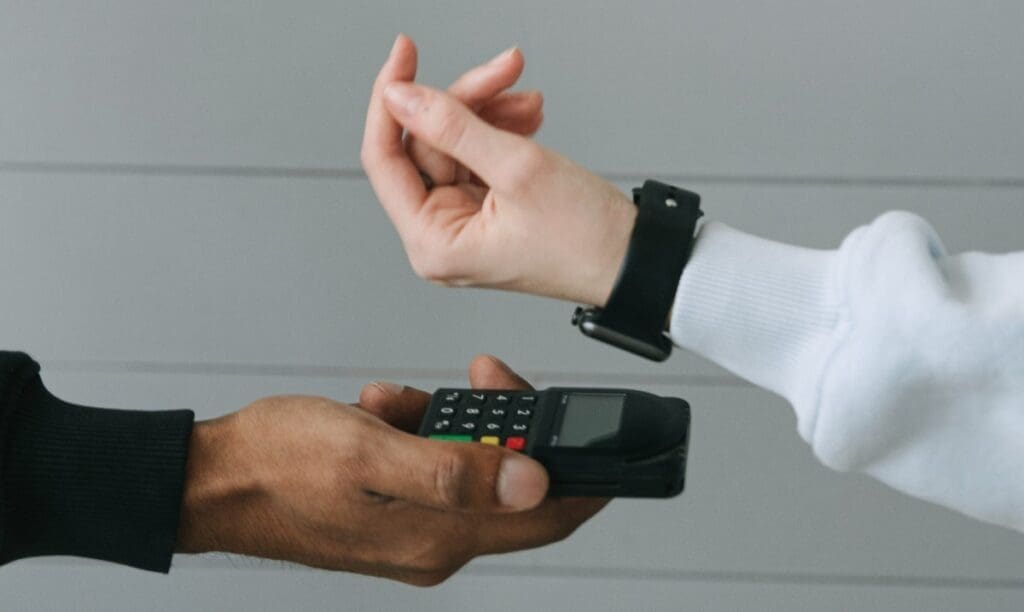E-Invoicing in Africa: What Do Electronic Fiscal Devices and the Electronic Invoice Have in Common?
E-Invoicing in Africa
African countries are rapidly developing their VAT systems. One feature that these systems have in common is the Electronic Fiscal Device (EFD). But what exactly are EFDs? And how are they similar to the real-time reporting or clearance model when it comes to electronic invoicing?

What are Electronic Fiscal Devices?
Electronic Fiscal Devices are similar to a cash register. The main difference between a normal cash register and an EFD is the software that it runs on. EFDs always run on proprietary government software or software that has been accredited by the local tax authority. In addition, EFDs don’t just function as a Point-of-Sale system. They usually also have a module that can digitally communicate and report fiscal data directly to the tax authority. All fiscal data is stored on the EFDs in compliance with fiscal retention regulations.
Tax authorities in countries such as Tanzania, Rwanda and Sierra Leone require all VAT-registered taxpayers to use EFDs to report all fiscal invoices directly.
Electronic Fiscal Devices vs Real-Time Reporting/Clearance Models
European countries have opted for a post-audit model, in which receipts and invoices must be kept for a certain period of time for auditing purposes. African countries, however, have opted for the Electronic Fiscal Device.
There are similarities between the electronic invoicing models and the EFD model. You could actually think of the EFD process as a real-time reporting process. Fiscal data from an EFD is reported in real time to the tax authority’s internal revenue system (IRS) and is accessible to the tax authority for auditing purposes and assessing taxes payable by taxpayers. Every transaction reported to the IRS is encrypted and accompanied by an electronic signature, just like with an electronic invoice.
The main difference between the EFDs and the real-time reporting system/clearance model is that taxpayers with EFDs do not have to wait until the invoice is approved before issuing it to their customer. The taxpayer can even access their fiscal data in the IRS to verify what has been received.
The Future of Electronic Invoicing in Africa
Where EFDs are the norm in most African countries, the recent shift among western countries towards electronic invoicing hasn’t gone unnoticed. Uganda has recently switched to a clearance model where electronic invoices are mandatory and EFDs are not the only way that these invoices can be exchanged. Meanwhile, the Central Bank of Nigeria rolled out its flagship e-invoicing policy in January 2022, only for it to be suspended by parliament in February.
There are more countries in Africa looking into electronic invoicing at the moment, but final decisions are still to be made. To keep up to date with electronic invoicing in Africa, subscribe to our database!
Get in touch.
Do you have any questions regarding our knowledge base or would you like to know more about our services? We are ready to help you. Your success is our priority, and we look forward to working with you.
